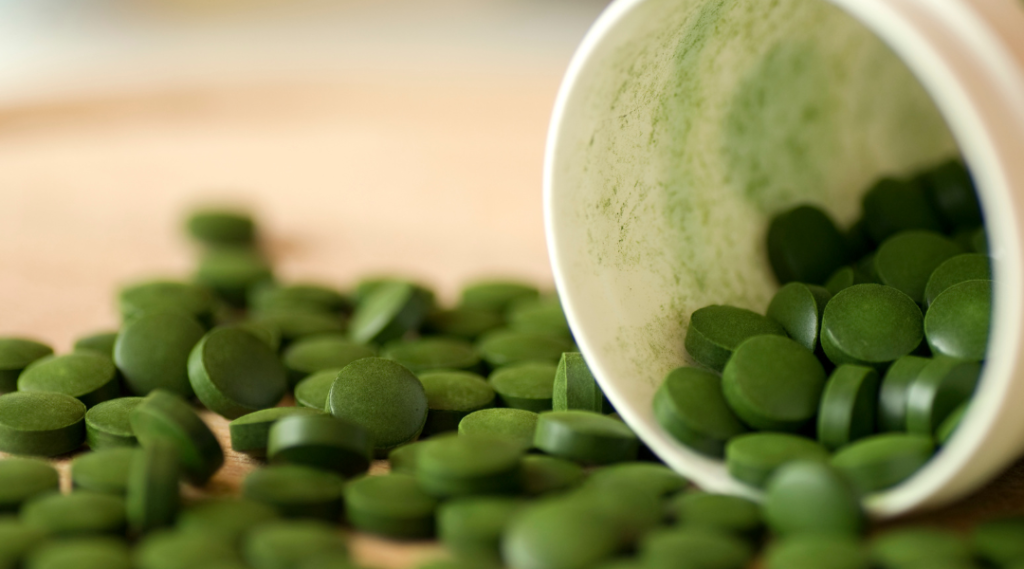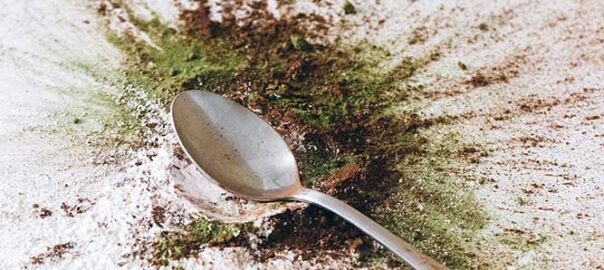What are Greens Supplements?
In this day and age, most people lack adequate nutrition meaning that the essential nutrients such as vitamins, minerals and amino acids are not consistently a part of their diet. Green’s supplements are a means for people to make up for the nutrients they aren’t getting in their diet, though one should note they should not be a replacement for having a well-balanced diet.
Not only do most people lack the nutrients they need, the heavily processed foods that people will inevitably consume are high in fats, sugars and many other synthetic flavouring and colouring elements.
When consumed in large quantities these foods can have detrimental effects to your health. Therefore, another purpose of greens supplements is to allow your body to detoxify from the rather unhealthy things you are eating.
Are they necessary?
It may seem quite disconcerting that it requires supplements, capsules or powders that come packaged from what could be none other than a factory, just to maintain an optimal diet filled with the necessary nutrients.
Yes, it is very much possible to only eat organic, read all labels and track your nutrient intake and live an optimally healthy life as far as your diet is concerned. However, though it may not have to be the standard, taking greens supplements is simply about looking out for yourself.
A natural greens option
What is chlorella?
What is spirulina?
What do Chlorella and Spirulina supplements do?

Daily Nutrition
Chlorella is 50-60% protein and contains all 9 essential amino acids. Nothing more to say there. Similarly, the average 7g dose of spirulina has 4g of protein, being one of the most nutrient dense foods in the world (1).
Chlorella can have anywhere between 6-40% of your daily iron and vitamin C, a vitamin that increases the absorption of iron into your body while spirulina can have up to 11% of your daily iron (2).
Chlorella is rich in omega-3 fatty acids as is spirulina, which is also rich in omega-6 fatty acids ().
Chlorella is also a good source of vitamins and minerals, containing high doses of magnesium, copper, potassium, calcium, folic acid and other B vitamins. Spirulina is very rich in copper and has high amounts of vitamins B1-3 ().
Detoxification
There is an increasing concern of health problems associated with environmental pollutants as well as pollutants that have the potential to enter our food from industrial processes. The ability for human bodies to detoxify from this increased exposure is crucial for the long-term health of the individual as well as to descendants. Detoxification is the ability to remove drugs, mutagens, and other harmful agents from the body. The detoxification takes place in the intestinal tract, the liver, and the kidneys by microbiota able to chelate several heavy metals.
Chlorella has the ability to protect cells from toxic heavy metals and aid in the removal process of these toxins from the body. By binding heavy metals such as cadmium, lead and mercury, chlorella can remove these harmful compounds that may reside within the body in very trace amounts that can do long-term damage ().

Antioxidant properties
Chlorella contains several key compounds that are known to be powerful antioxidants. With high concentrations of chlorophyll, vitamin C, beta-carotene, lycopene and lutein, chlorella can fight the formation of many diseases and improve the symptoms of those with chronic oxidative damage ().
Furthermore, chlorella’s antioxidative properties have been shown to interact with the process by which genes and cells age. It is natural for our DNA to undergo permanent damage over time, however oxidative damage can further contribute to this process and lead to the rapid aging of our cells. Although more studies are required, taking chlorella has the potential to help reduce DNA damage and ultimately have benefits for healthy aging.
Phycocyanin, the main active compound found in Spirulina, has exhibited powerful antioxidant properties that can reduce cellular damage from free radicals. These free radicals are known to contribute to a number of diseases and can cause an elevated inflammatory response (). By protecting cells from oxidative stress, phycocyanin can prevent cells from oxidative stress-related damage that occurs as a result of exposure to free-radicals ().

Improve Immune System and Reduce Inflammation
One study suggests that supplementing with chlorella can improve the production of antibodies that may improve mucosal immune function in humans (). Similarly, another study has shown that supplementing with chlorella increased the activity of natural killer cells and enhanced the early inflammatory response, suggesting the supplement has the ability to naturally improve immune system function ().
Phycocyanin has been shown to inhibit overproduction of pro-inflammatory cytokines, curbing the inflammatory response which may be favourable for many populations (). Additionally, spirulina has been shown to reduce inflammation in a dose-dependent fashion in humans and in vitro. These anti-inflammatory effects of spirulina can be due to the scavenging properties of phycocyanin towards reactive oxygen species and its inhibitory effects on cyclooxygenase 2 activity, a key enzyme involved in the pro-inflammatory process. Phycocyanin can also reduce the levels of tumour necrosis factor in the blood serum of mice treated with endotoxin and showed neuroprotective effects in the brains of rats with brain injury ().
Improve Blood Sugar Levels and Lowers Bad Cholesterol
Chlorella can reduce the fasting blood glucose levels in healthy humans as well as for those with diabetes and other lifestyle-related diseases. Supplementing with chlorella resulted in reduced fasting blood glucose levels and the researchers found that genes involved in the insulin signalling pathway were affected by chlorella consumption, allowing glucose to be cleared from the blood more efficiently ().
Chlorella has also been shown to lower levels of bad cholesterol, a key indicator of risk to high blood pressure and heart disease. It was found that daily supplementation as little as 5g of chlorella for four weeks significantly reduced total cholesterol and triglyceride levels in patients with mild to high cholesterol. Essentially, chlorella intake can be associated with reduced cholesterol as well as a lower body fat percentage. Ultimately, evidence allows us to conclude that chlorella can improve fat metabolism most likely owing to the effects of the unsaturated fatty acid and fibre content of chlorella.
Likewise, spirulina can lower levels of bad cholesterol and triglycerides that have been known to increase the risk of heart disease and stroke. Spirulina can also markedly increase the levels of good cholesterol and lower the risk of heart disease and stroke (). One study has found that taking as little as 1g of spirulina per day can reduce the levels of bad cholesterol by as much as 16% ().








